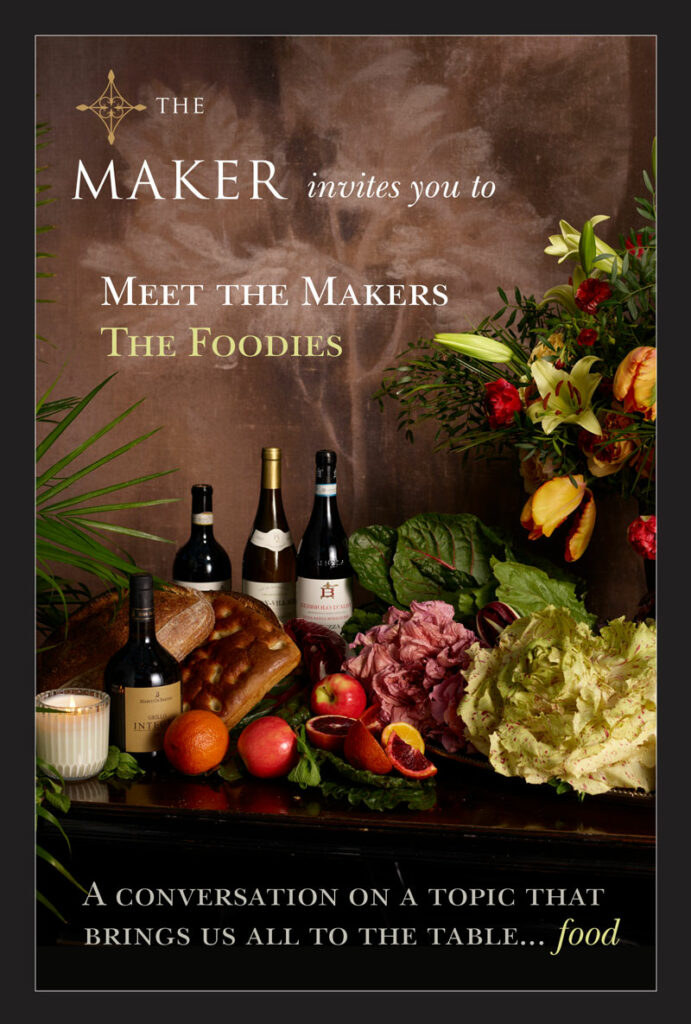
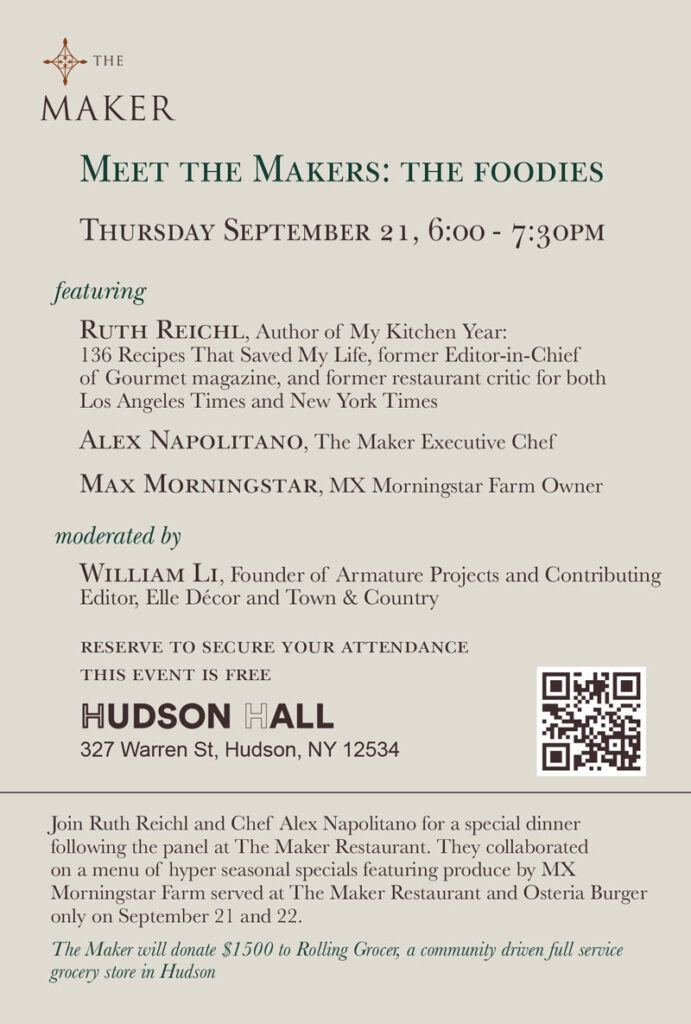
I received this invite, looked at it quick, and thought to myself, it’s about food and it’s free – sign me up! I dragged a friend along, who is also kinda a “foodie” and grows all his own vegetables in a large backyard garden here in Columbia County. It’s a Thursday evening in Hudson – why not?
I learned quickly that Ruth Reichl, one of the panelists, is the recipient of six James Beard Awards, published several food-related books, Editor in Chief of Gourmet Magazine, was a restaurant and food critic for The New York Times and The Los Angeles Times, television producer, and the list goes on… Currently, Ruth Reichl is featured in the documentary, Food and County, which is part of the Woodstock Film Festival next week. The film will also be shows at the Film Columbia Festival at the Crandell Theatre in Chatham.
William Li moderated the discussion between Ruth Reichl, Max Morningstar from nearby Morningstar Farms in Claverack, and The Maker’s Executive Chef, Alex Napolitano.
What I was not expecting during this hour-long presentation was a discussion of how the current methods of farming and food production in this country are causing not only the degradation of soil, but also the lack of nutrients and flavor in our food.
Food production in the US does ensure that we have inexpensive food, but at what ultimate cost? Our health? The health of our planet? The farmers who toil in the fields make very little money. Who is really profiting?
Reichl stated that the average cost for a hospital meal was $1.32. The nutrients in hospital food are so poor, she emphasized that we are feeding the sickest among us some of the worst quality food.
“Big Agra” sells farmers products to put into the soil, as opposed to letting the soil enrich itself year to year. Max Morningstar lets about 10% of his field lay fallow every year with a cover crop, that is then tilled back to the earth, regenerating the soil.
Alex Napolitano, who spent years cooking throughout Italy, spoke about the connection between his menus, local growing seasons, and working with farmers and food that is available and fresh now.
Alex talked about the ingredients and the special menu created at The Maker, available after this event.
A portion of the evening’s proceeds (not less than $1,500) was donated to Hudson’s Rolling Grocer.
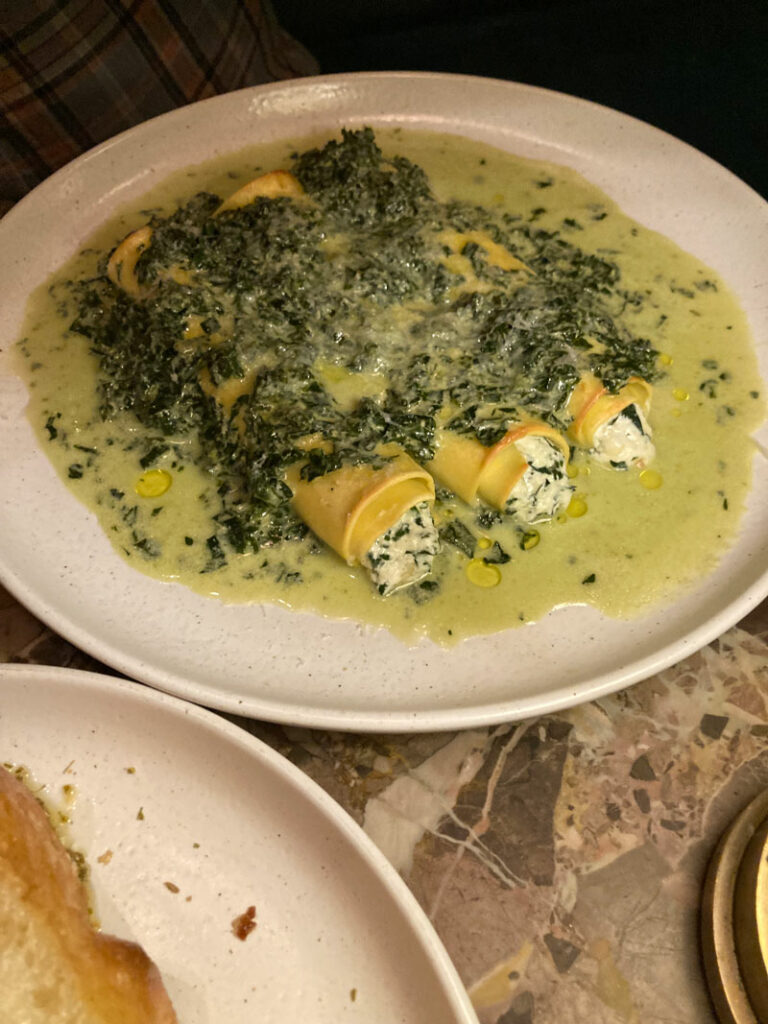
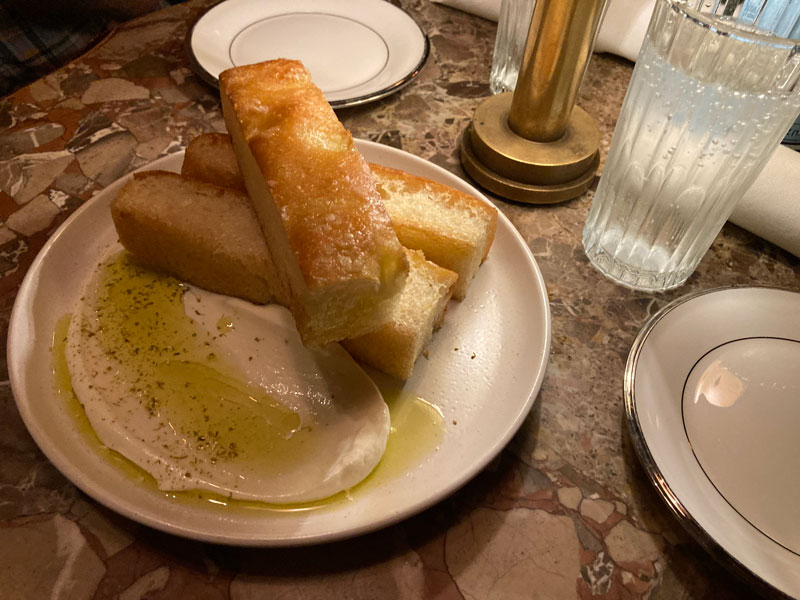
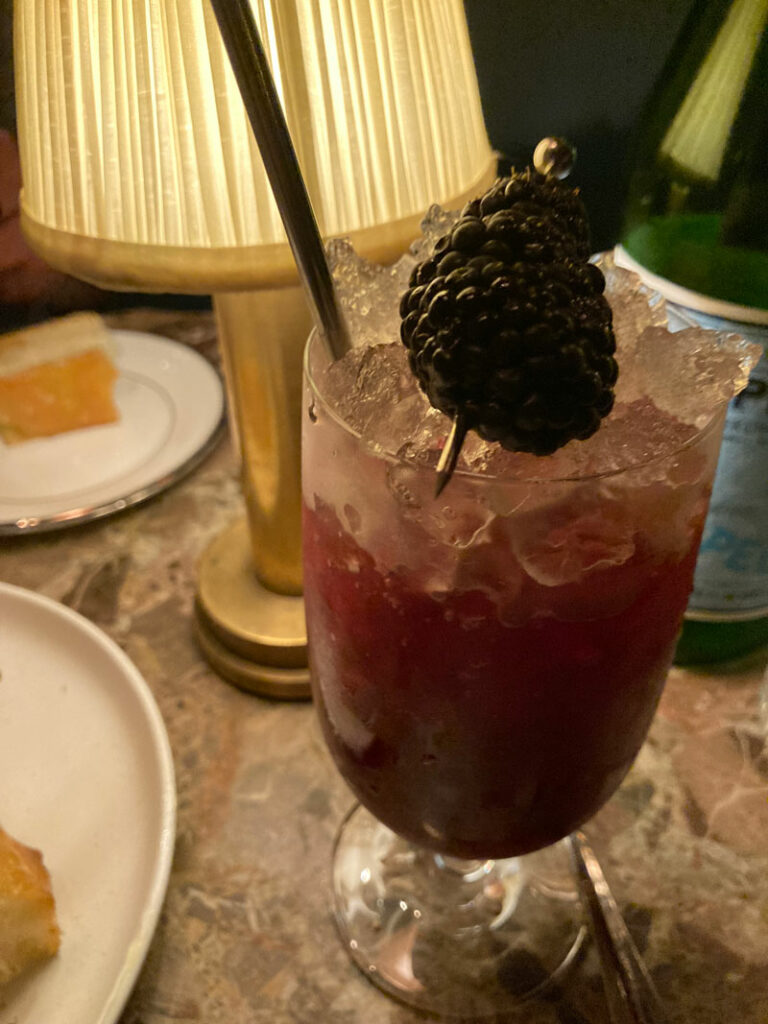
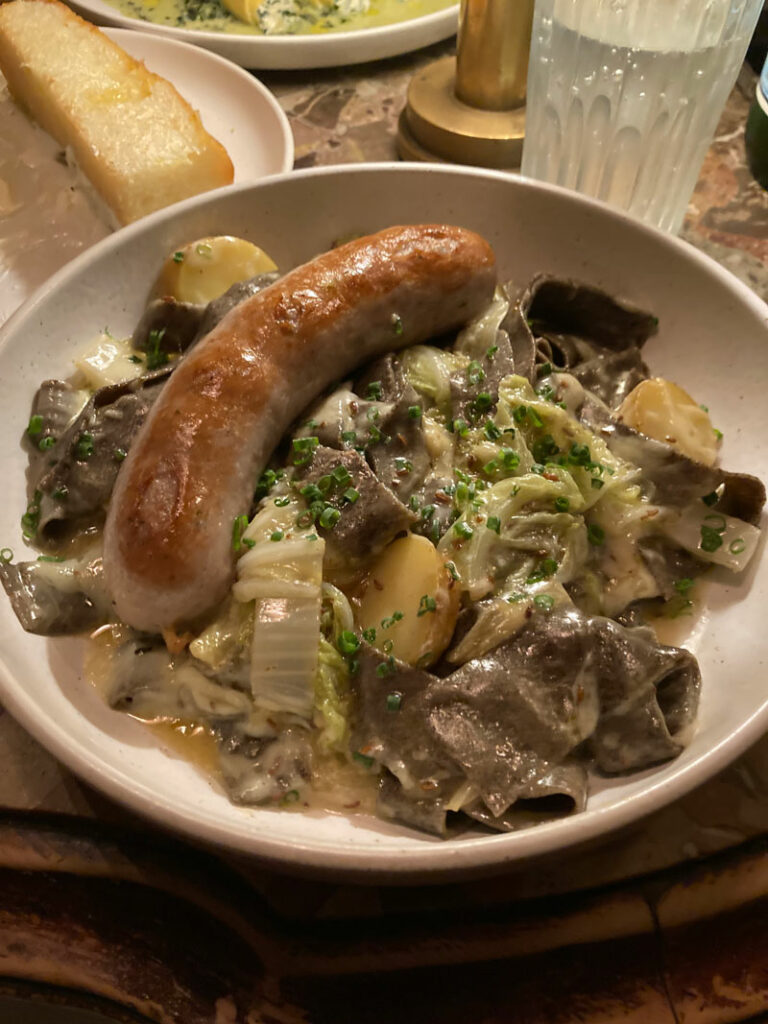
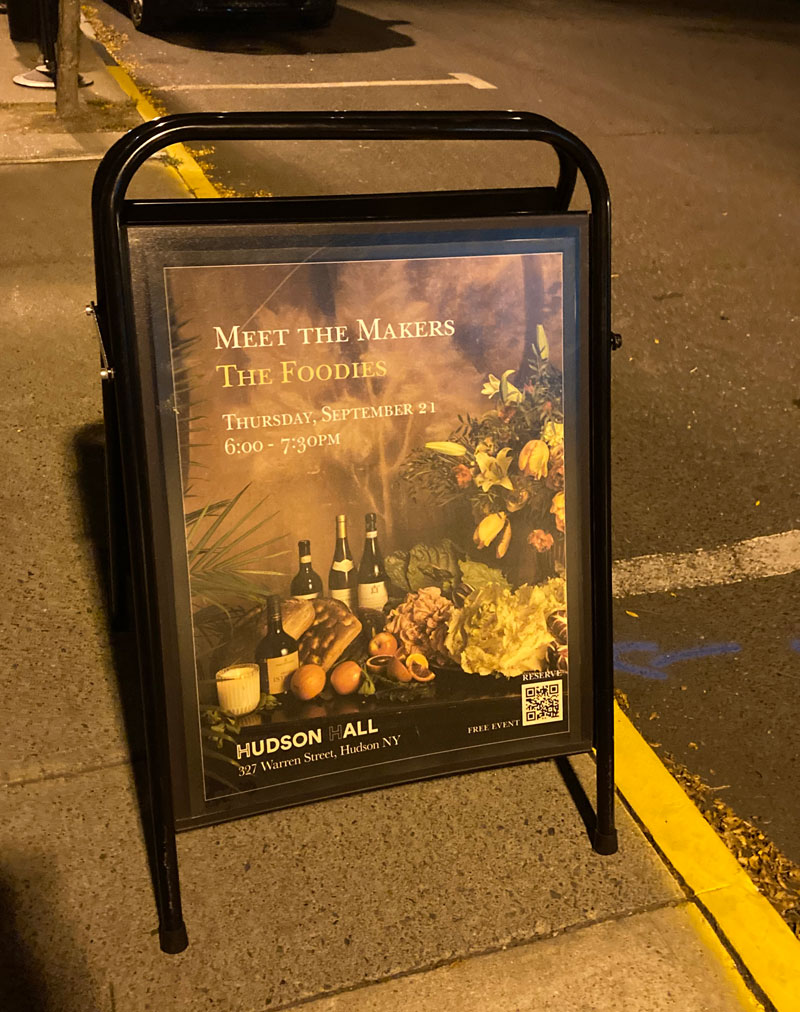
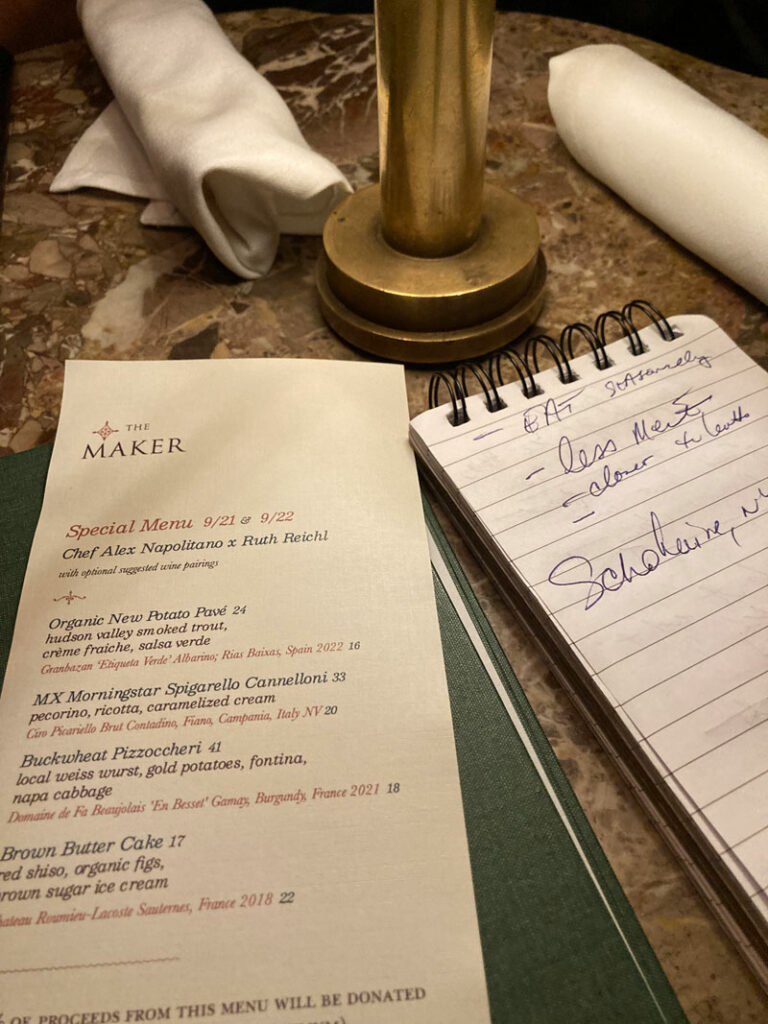
My own notes from the evening, are to eat produce available seasonally, less meat, and closer to the bottom of the food chain. What is the carbon footprint of shipping food throughout the world? We are so used to having every food available at every time; but is that expectation sustainable?
Just a reminder, our local Hudson Farmers’ Market accepts SNAP and EBT cards, and the cards give an extra allowance when used at local farmers’ markets.
See you at the Farmers’ Market – buy local – and eat fresh produce!
As Ruth Reichl said during the panel regarding produce, “But it, cook it, eat it quickly.”

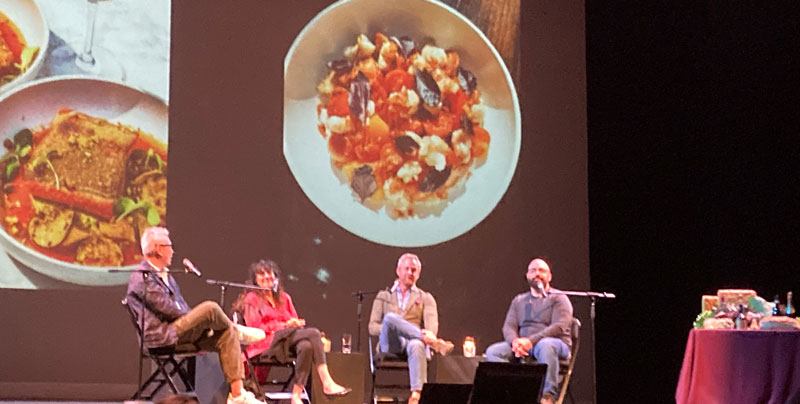
Great article. I can’t wait to see this documentary, I’ve read and heard so much about it.